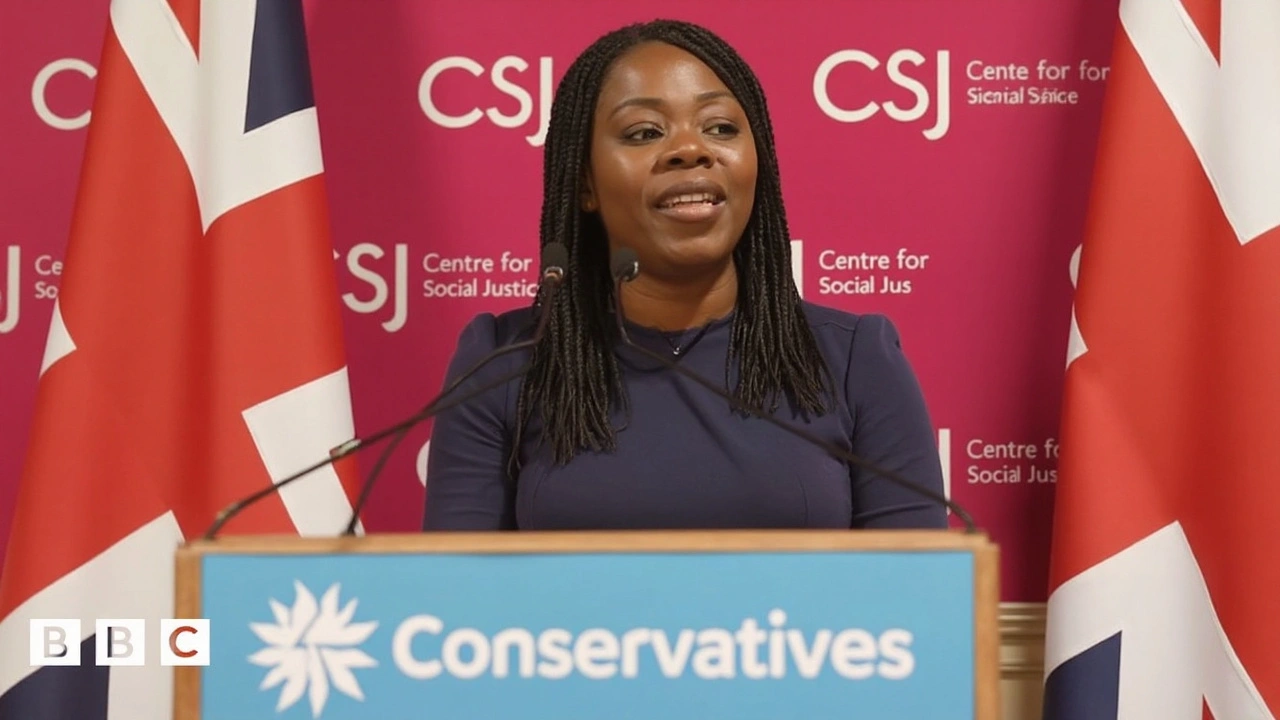Mental Health: What It Means and Why It Matters
Mental health is more than just the absence of illness; it's about how we think, feel, and cope with daily life. Everyone experiences ups and downs, but understanding mental health helps us handle stress, build relationships, and make informed choices. It’s something that affects us all, whether directly or through people we care about.
Good mental health allows you to enjoy life and bounce back from challenges. But when you’re under pressure or facing difficulties, things can get difficult. Recognizing early signs like constant tiredness, feeling overwhelmed, or withdrawing from friends can help catch problems before they escalate. Remember, mental health struggles are common and nothing to be ashamed of.
Simple Steps to Support Your Mental Wellbeing
Taking care of your mental health doesn't require big changes. Small habits can add up and make a real difference. Regular physical activity, even a short daily walk, boosts mood by releasing feel-good chemicals. Sleeping well and eating balanced meals also keep your brain functioning at its best.
Talking about your feelings with someone you trust breaks the isolation many face when struggling. Whether it’s a friend, family member, or a counselor, sharing your worries lightens the load. Don't hesitate to reach out—it’s a sign of strength, not weakness.
Helping Others and Finding Resources
If you notice someone close to you acting differently or seeming down, a simple check-in can mean a lot. Encouraging open conversations without judgment creates a safe space for them. Sometimes, professional support is needed, and knowing where to find it is key. Many communities offer free or low-cost mental health services, including hotlines and support groups.
Understanding mental health helps us break stigma and build stronger communities. By staying informed and compassionate, we equip ourselves and others to live healthier, happier lives.
Kemi Badenoch Pushes to Tighten UK Disability Benefits for Mental Health Conditions, Sparking Fresh Welfare Debate
Kemi Badenoch wants stricter benefits rules for conditions like mild depression and ADHD, arguing the system favors dependency over need. She highlights financial pressures and rising welfare costs, urging reforms to protect public funds and focus support on the most serious cases. The debate heats up as savings could reach £9 billion, with some funds redirected to mental health care.
Read MorePGA Tour Shocked by Grayson Murray's Tragic Suicide at Age 30
Grayson Murray, a prominent PGA Tour golfer, tragically took his own life at the age of 30. His parents revealed the heartbreaking news and expressed gratitude for the support Murray received throughout his career. The golfing world mourns the loss of a talented athlete who won multiple championships but struggled with mental health and addiction. The family requests privacy during their time of grief.
Read More

